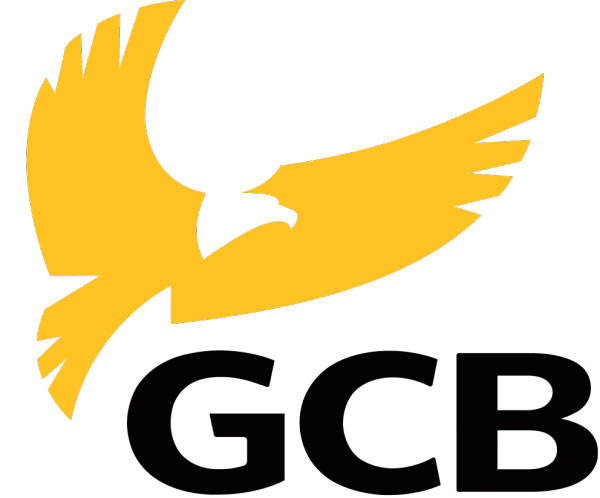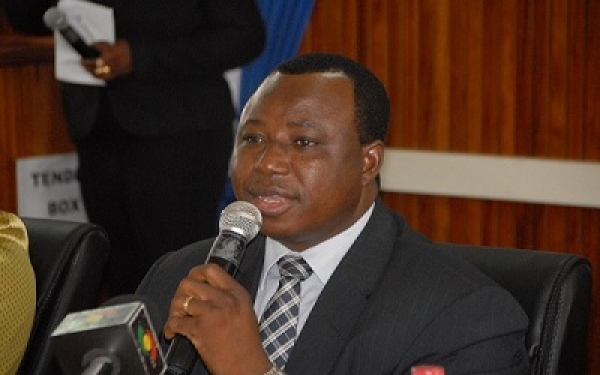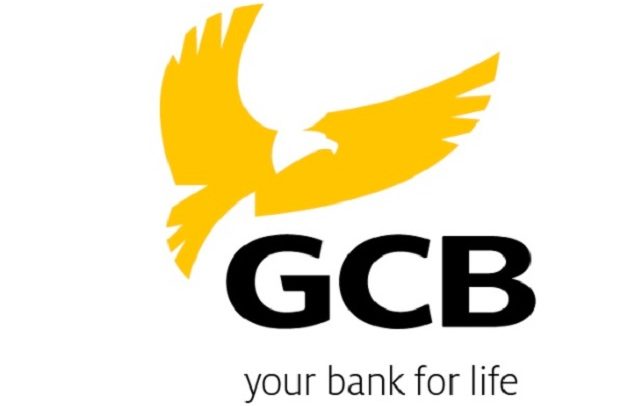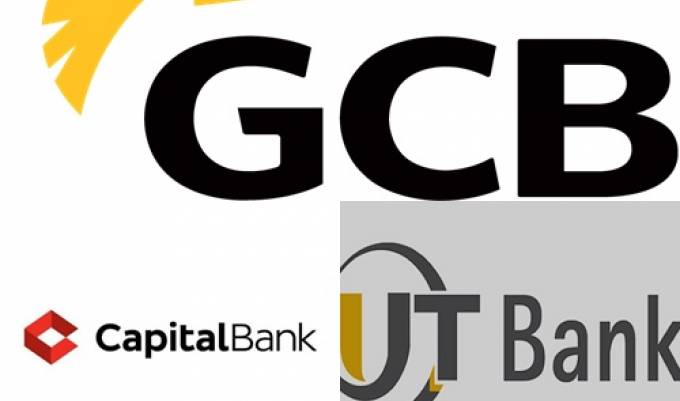A statement issued in Accra, said as a forerunner, GCB was establishing and deepening correspondent banking relationship with Sierra Leone and Liberia in West Africa.
“In 2017, GCB Bank and Attijariwafa Bank Group (AWB), Morocco’s largest financial institution, signed a Memorandum of Understanding (MOU) to broaden and consolidate financial transactions in Ghana, ECOWAS and beyond,” it said.
Under the partnership the two financial institutions will operate as correspondent banks, facilitate trade finance, deepen capital markets and jointly organise business missions designed to enhance trade and investment between Morocco and Ghana.
Speaking at a forum organised by the 2020 Investment Association, in Accra, Amankwah said the new minimum capital requirement of GH¢400 million being pursued by the central Bank would result in Ghanaians banks emerging with larger capital to undertake bigger financial deals and transactions that would support the development of the country.
He said GCB had as of June this year surpassed the GH¢400 million by GH¢100 million, thus bringing GCB’s minimum capital to GH¢500 million.
On the takeover of Capital and UT banks by GCB last year, Mr Amankwah said after the integration of those banks, it was more poised to deliver efficient and satisfactory services to customers and investors.
He reiterated that GCB’s deposit base had broadened with networked branches of 183 in addition to 19 agencies.
He said the strengthening of regulations and corporate governance measures in the financial services sector by the Bank of Ghana would result in a stable and safer banking sector in Ghana.
Ghana would see a stronger financial sector with safer investor assets and deposits to the benefits of Ghanaians and the investor public, he emphasised.
The Managing Director of UMB Bank, Mr John Awuah, said Ghana now had a vibrant financial services sector.
He said the measures put in place by the Regulator, including reduction in non-performing loans, robust financial reporting formulae and compliance with regulations would yield more positive results.
With the collapse and consolidation of seven banks in Ghana, he said, the BOG and Government had been meticulous to the extent that no depositor had lost money in the process.
Mr Awuah said about 70 per cent of the Ghanaian population were either unbanked or under-banked.
GCB expands to Sierra Leone and Liberia
- Posted on
- Comment
 GCB Bank Limited is expanding its operations to other countries, the Deputy Managing Director of the Bank in charge of Operations, Samuel Amankwah, has disclosed.
GCB Bank Limited is expanding its operations to other countries, the Deputy Managing Director of the Bank in charge of Operations, Samuel Amankwah, has disclosed.










 (Selorm) |
(Selorm) |  (Nana Kwesi)
(Nana Kwesi)